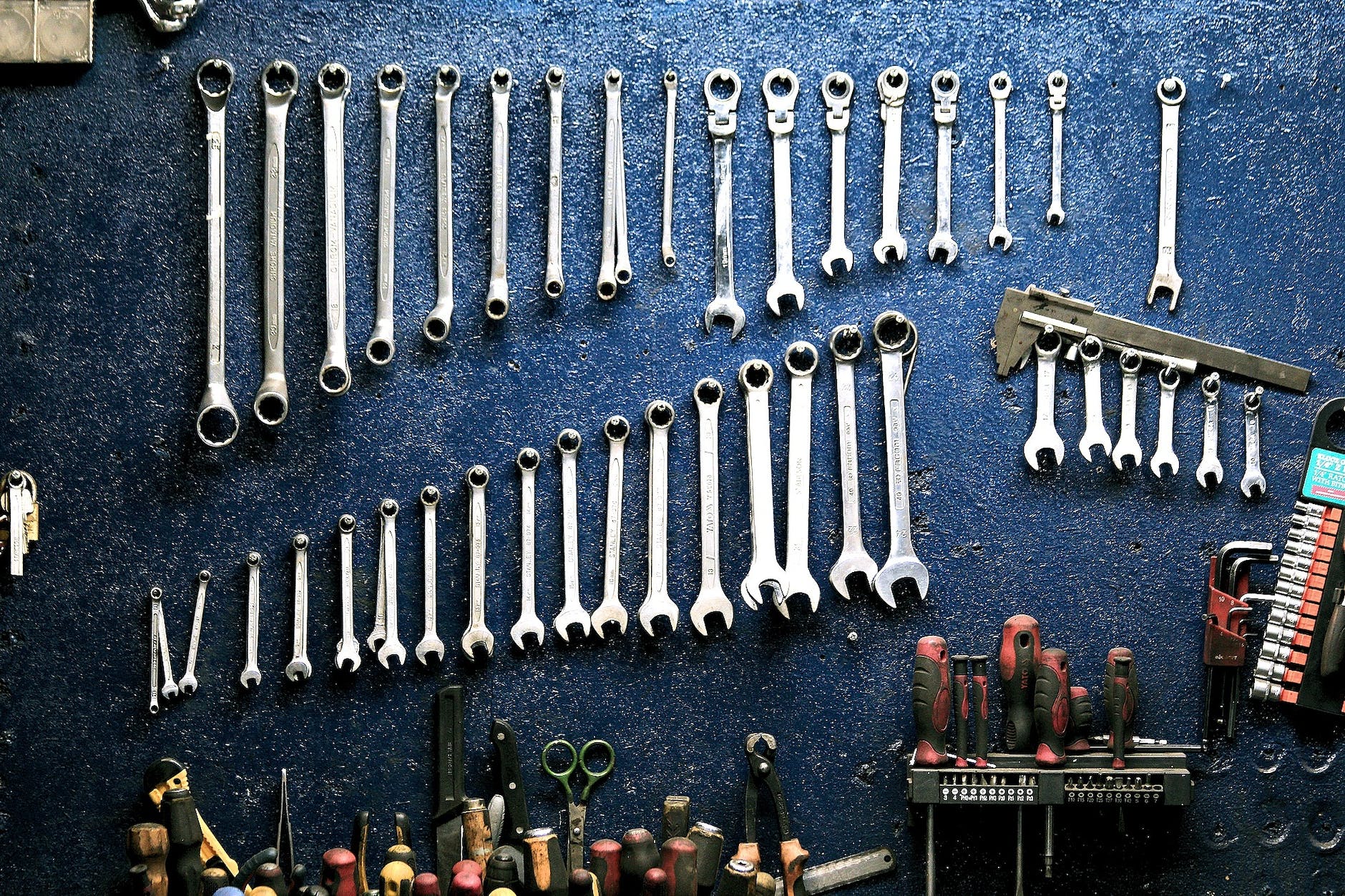
Car ownership and repair are more than just a fact of life for many people in the UK. Automotive engineering and repair can be as much a hobby as it is a necessary part of car ownership. In today’s tough economic climate, the argument is all the stronger for learning your way around car repair and saving a pound or two on professional servicing. But how would you create the perfect mechanic’s workshop at home?
Plan Your Projects
Ideally, your workshop should be able to handle any project, large or small. This way, you can take on tasks ranging from adding replacement number plates to completely refitting the engine. However, this isn’t always a practical goal to have. You might have limited space or funds, or you might not yet have the skill to tackle certain projects. You don’t need to plan everything exactly, but before you can design your workshop, you should have an idea of what kind of projects you’re likely to take on.
This way, you won’t overextend yourself and spend a lot of money on a workshop you won’t use. On the other hand, you can make sure that you have everything you need for the projects you will take on. You can always update your workshop later.
Space Planning
In order to build a useful automotive workshop space, you need to ensure you not only have the space to work on a car but also that it is properly planned out. You will need covered space in which you can work on your car, with access all around. Your garage may have room for this, but you could alternatively build a gazebo structure in front if not. You will also need a workbench, on which to work on smaller assemblies and parts of your engine.
The Right Tools
It perhaps goes without saying that your tools, collectively, are the single most important expense when it comes to building your home garage. Having a well-planned workshop space is all well and good, but if you do not have the specialist equipment to back up the more complex parts of automotive repair then your space is good for little more than car storage.
Start with the basics. You will be heavily reliant on socket sets, ratchets, and impact wrenches for the mechanical disassembly of any car. You will also need a comprehensive set of screwdrivers to engage with smaller assemblies and the car’s electrics.
If you intend to take on some more heavy-duty work, then there are some big investments you can make – both with regard to power tools and workshop installations. For the former, you may want to consider expanding your collection with an angle grinder for chassis work and metal shaping. For the latter, an engine crane enables you to safely remove the engine block for restoration work.
Safety First
Speaking of safety, no mechanic’s workshop is complete without a robust set of safety measures and equipment to keep you and any visitors on site safe. Any plumbed electrics should be properly wired into your home’s breaker system, and surge-protected. Car jacks and hoists should be among the first safety items you buy.
Storage
Of course, storage is a fundamental provision in any workshop space, and also a key form of passive safety measure – especially if you have young children in your home that could gain access to your workspace. The most quintessential form of garage tool storage comes in the form of the castored tool cabinet, which can be wheeled to wherever you are working on your vehicle.
There are some more permanent installations you can make as well, though. You will want ease of access to certain tools on your bench, where you might be taking components apart or working on new material. A pegboard back wall can allow you to customise your own wall storage, and keep handy tools of all kinds within arm’s reach.
